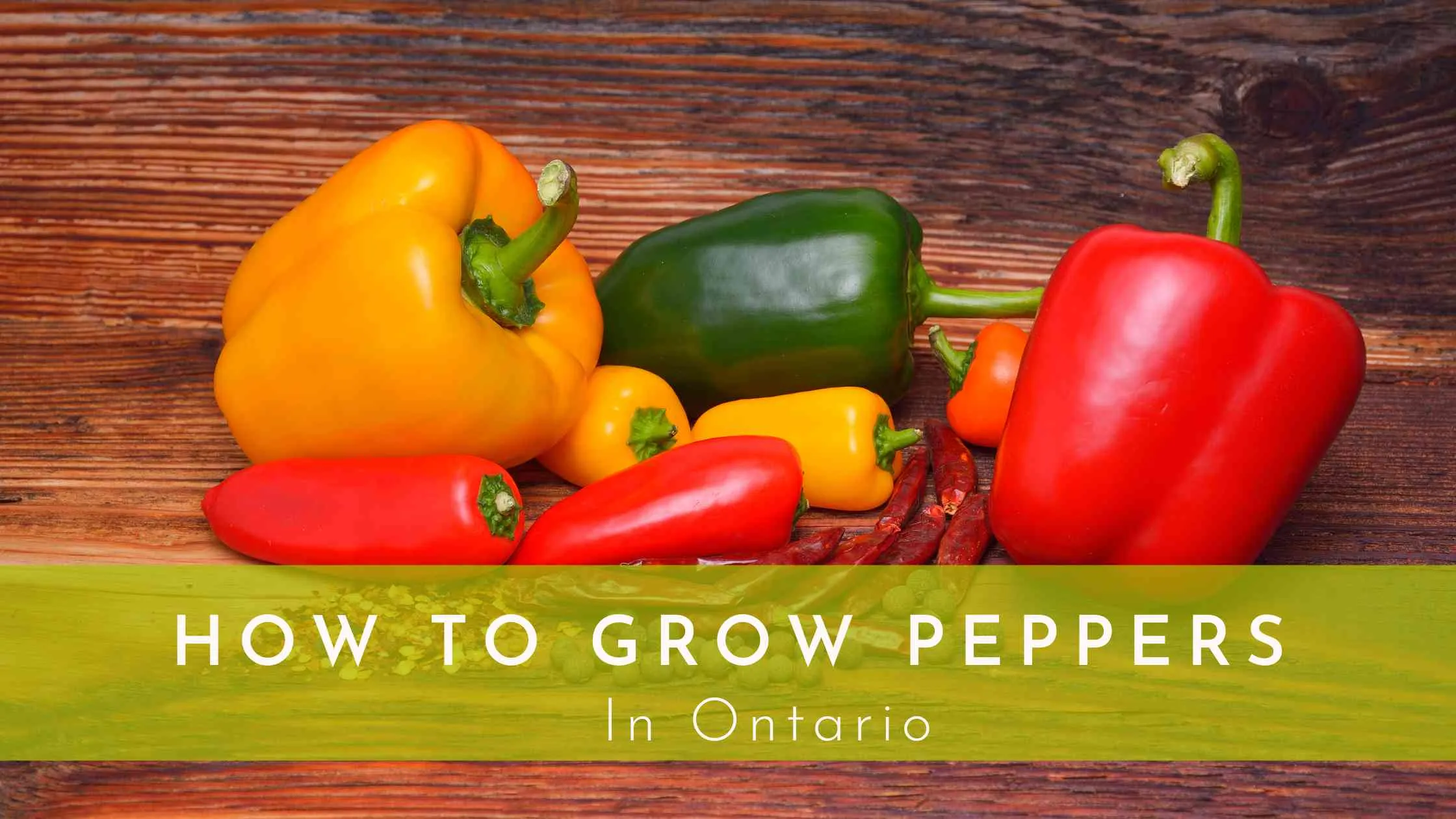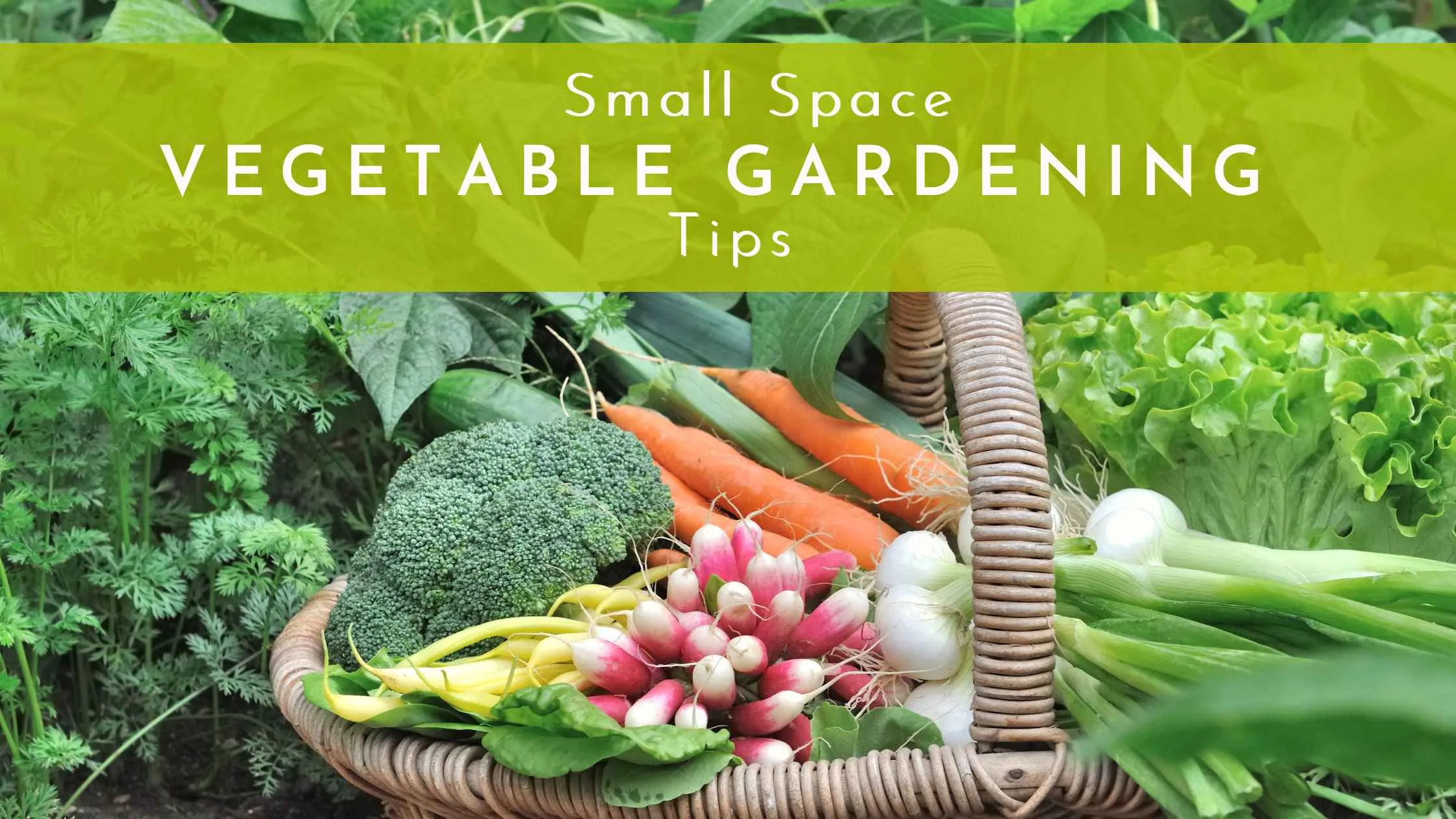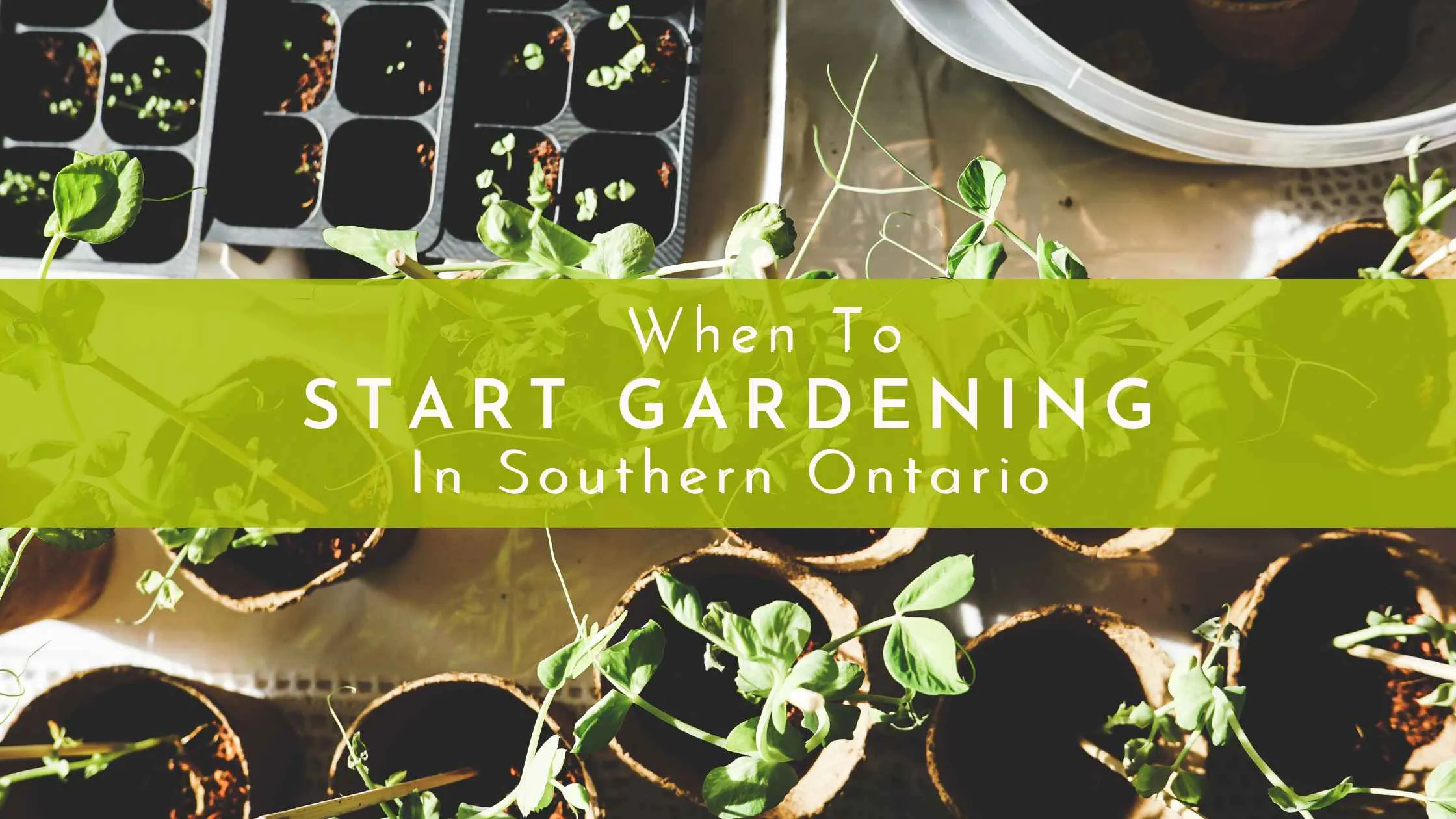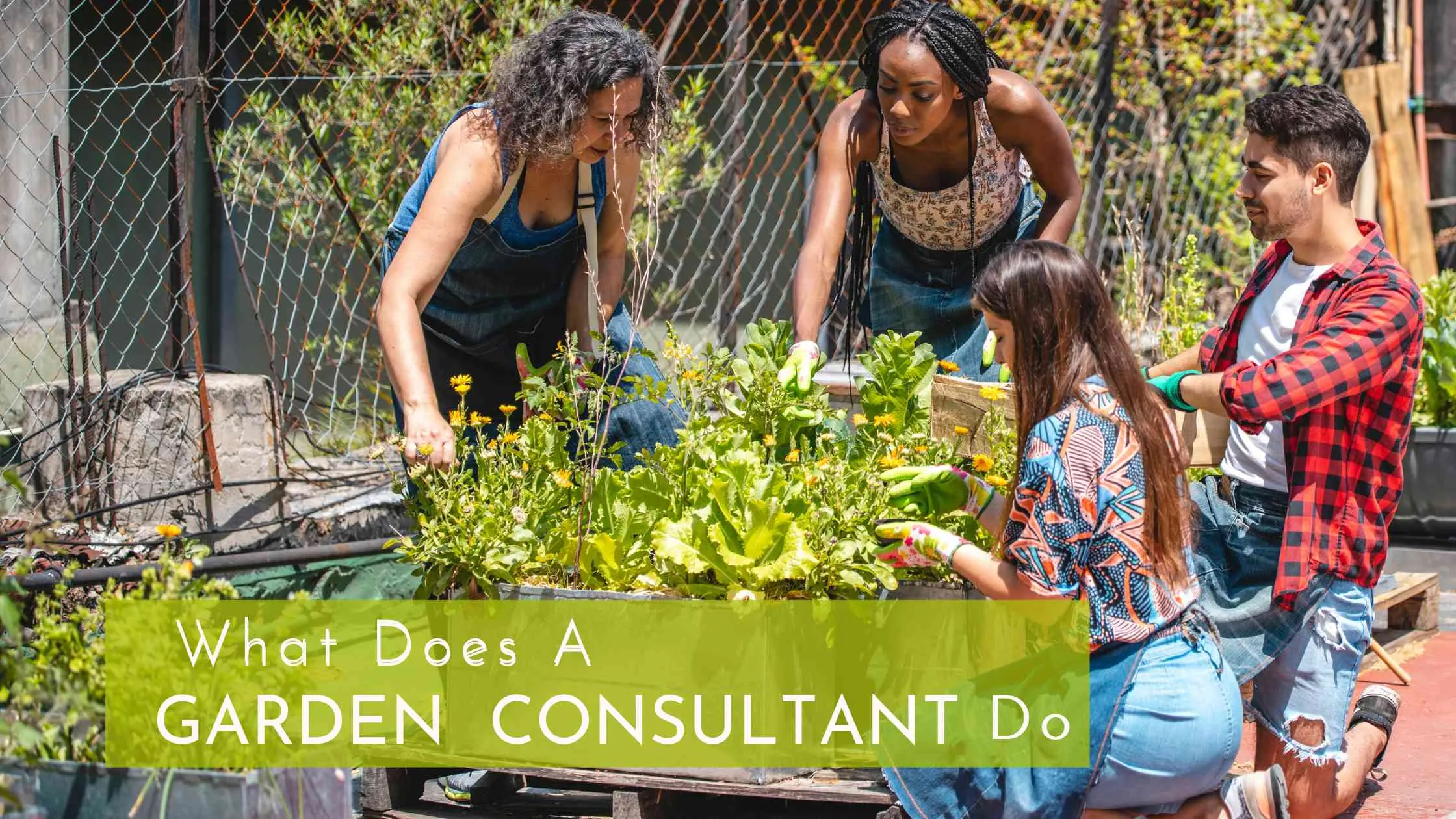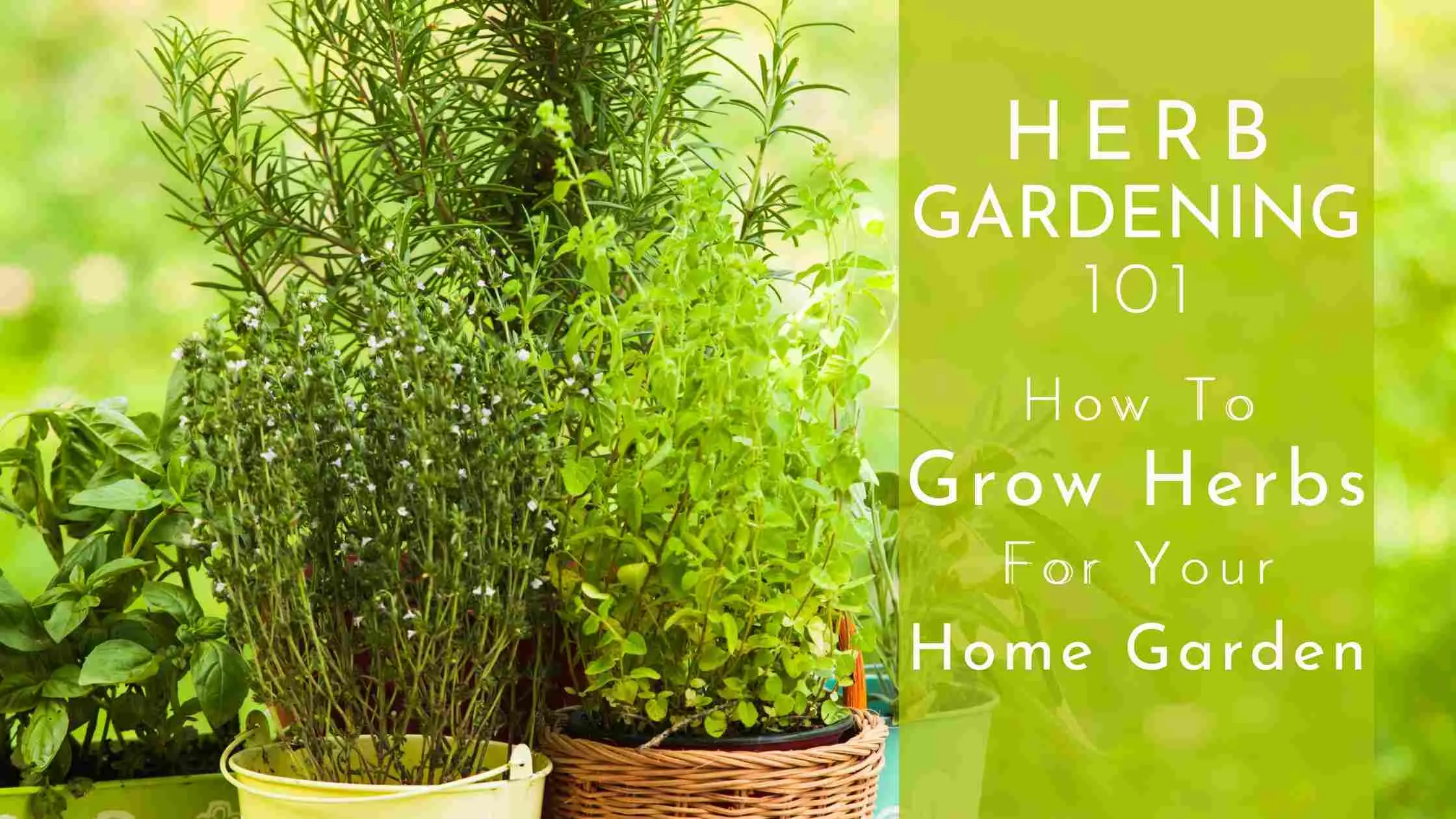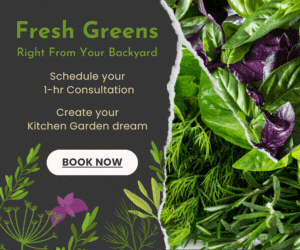The Benefits Of Growing A Vegetable Garden
Many people think that growing vegetables will be an additional burden to their busy schedules. They prefer going to the supermarket and grabbing fruits and vegetables quickly.
Vegetable gardens will need some of your time and care, but there are also many benefits of growing a vegetable garden – including the required time. Homegrown veggies are all about nature's blessings, from a fresh supply of produce to learning new skills. Their benefits are not limited to a single person but also to the surrounding environment.
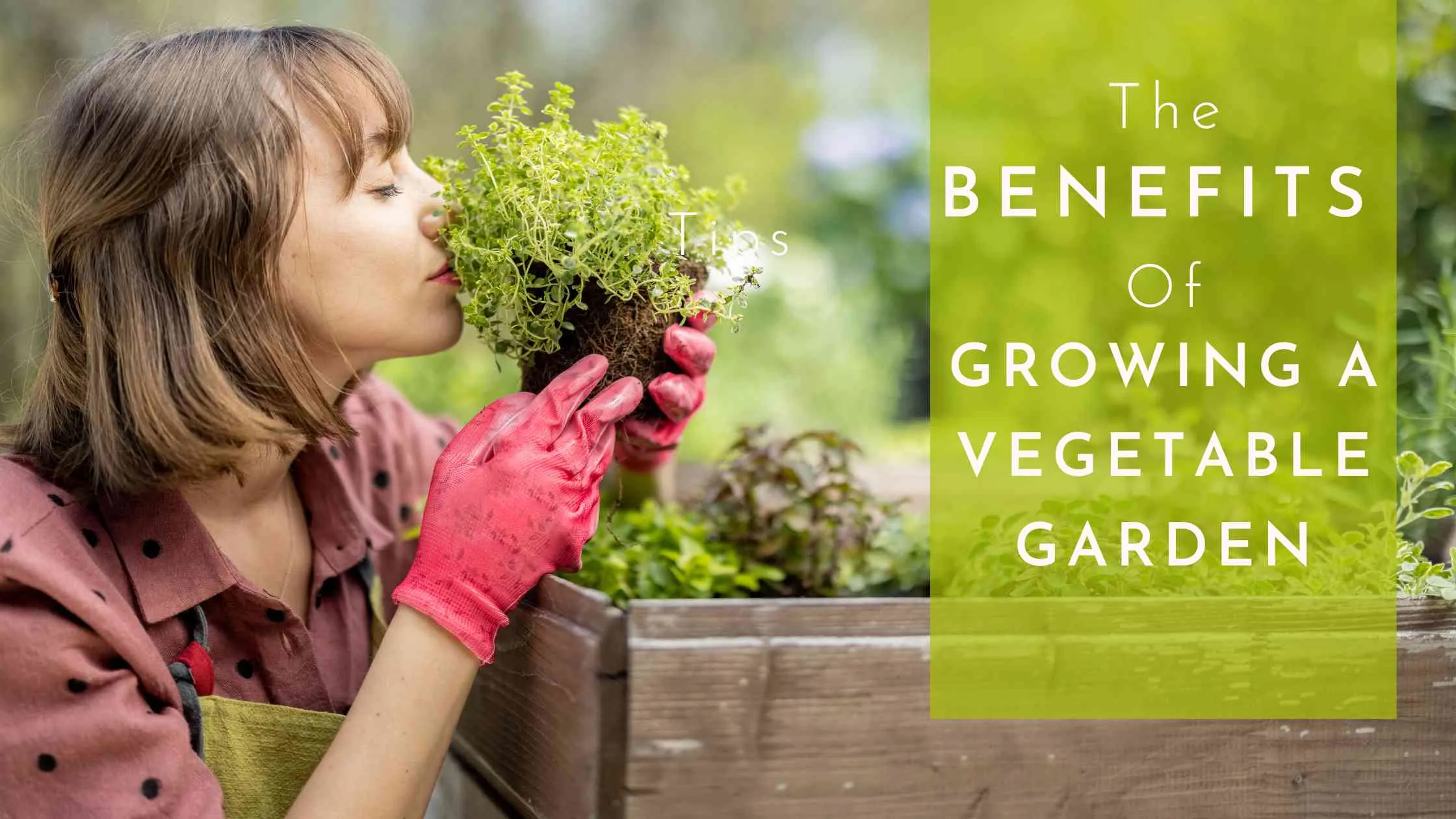
Moreover, there is a notable difference in the taste of store-bought veggies to freshly grown vegetables from your home garden.
If you still wonder what benefits vegetable gardening gives this list can help. In this article, you will find the top 8 benefits of growing your own veggies.
Top 8 Benefits Of Growing A Vegetable Garden
1. Home Grown Vegetables Taste Better
You might have heard from the elder generation that the taste and texture of the veggies and fruits of the current time cannot be compared to the vegetables they used to eat. So what's the difference between the two?
The actual reason behind the difference in the taste of your grandparents’ vegetables is that they were grown in nutrient-rich soil and are eaten fresh. Today's vegetables are picked younger and mature or get ripe during transport. They also lose their minerals and nutrients while being transported from the fields to supermarkets. So if you want your children to experience that natural, fresh taste of veggies, consider growing them at home!
Homegrown vegetables offer a better taste because the home gardener uses nutrient-rich (and even organic) soil to grow their vegetables. Your garden soil gives rise to organic produce that tastes much better and stays fresh for longer. Your food also tastes better when you add homegrown tomatoes and other veggies to them.
2. It Saves Money
Many people think that growing vegetable gardens is expensive but that isn’t necessarily the case. In addition to many other benefits of growing a vegetable garden, it can also save you money. People spend a lot of money each week to purchase veggies and fruits from the supermarket.
According to one estimate, in 2023 the average family of four in Canada spends about $450 per person per month on food including fresh fruit and vegetables. This is up 27% from 2022, and it is predicted that the costs will continue to increase.
If you have a vegetable garden, you can grow some of your favorite fruits and vegetables at home at a comparatively lower price and even preserve them for weeks or months.
The gardening supplies can be purchased at reasonable prices. Seeds, soil, and containers are also easily available everywhere. You only need to buy them and start your garden.
3. Gardening Keeps You Active And Healthy
Gardening is a great workout that keeps you active and healthy. It is considered one of the best outdoor physical activities, as it includes digging, bending, squatting, lifting, and other forms of low-impact exercise. All these physical movements keep you physically and mentally fit.
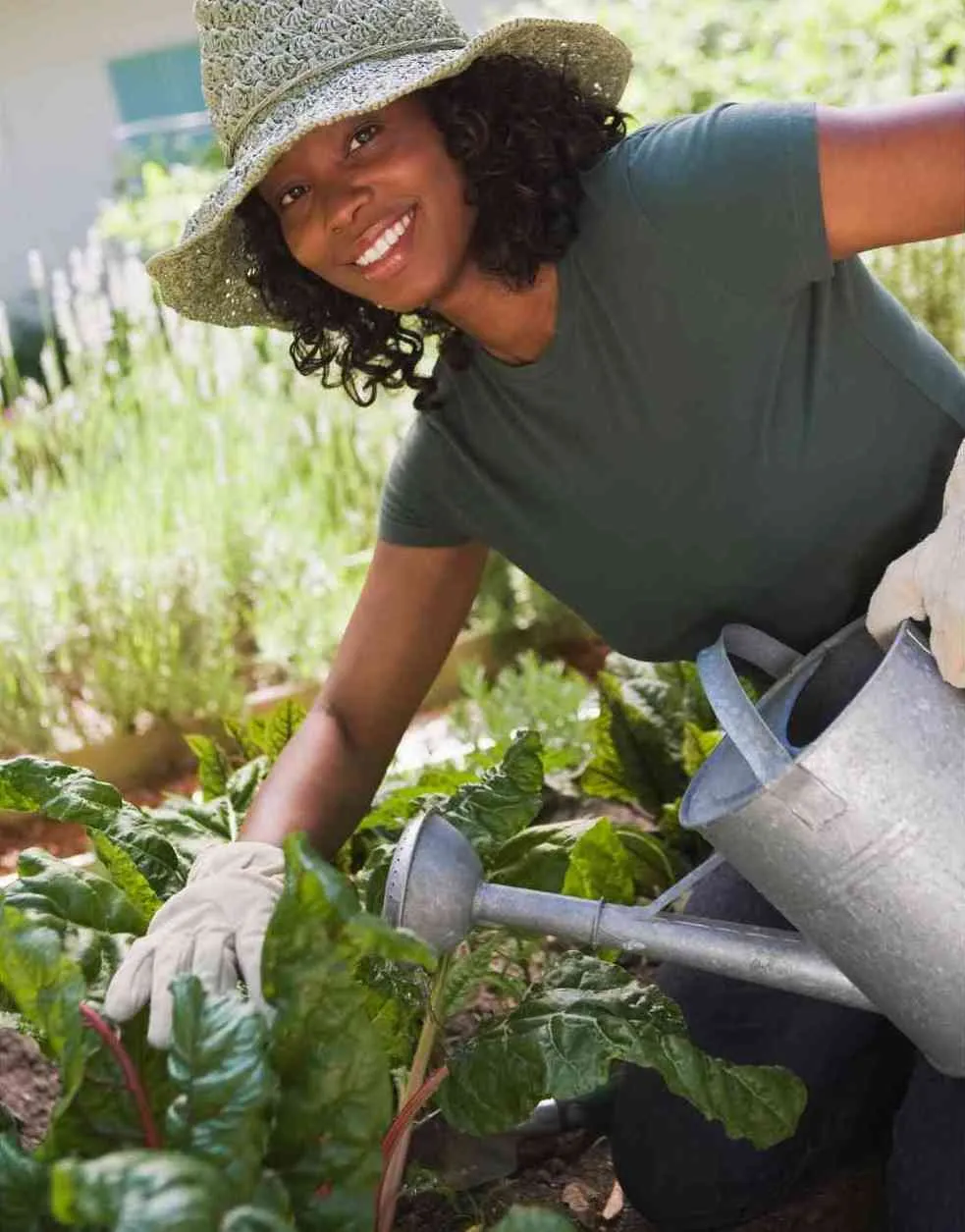
According to experts, we should all do 30 minutes of moderate exercise per day. Gardening for half an hour per day can complete your daily exercise requirement. Furthermore, gardening for 45 minutes can even burn the same amount of calories as running 1.5 miles in 15 minutes.
Staying around the plants and breathing in the fresh air they produce boosts your energy level and improves your heart health and immune system. It is also associated with improved mental clarity in humans.
Some studies also show that working in a garden enhances the strength, dexterity, and flexibility of some people, especially older adults. If you do gardening regularly, you will have a better balance and strength.
Moreover, digging with your fingers in soil has many therapeutic properties. It helps to reduce stress and anxiety, keeping you relaxed, as you release tension.
4. It Reduces Carbon Emissions
Commercial farming uses heavy equipment that utilizes a large quantity of fuel. It can result in the release of carbon emissions into the atmosphere. Moreso, the transportation of produce from farms to the main market also releases carbon emissions into the environment.
The release of carbon in the atmosphere is extremely harmful to the whole planet. It contributes to global warming which is associated with many other threats as you can imagine.
If you start growing your veggies at home, there will be less carbon emission into the environment and we can protect our planet.
5. Home Gardening Reduces The Use Of Pesticides And Fertilizers
According to another estimate, the United States spends a lot of money on commercial annual food production. They spend billions of dollars on the purchase and selling of fertilizers and pesticides. Unfortunately, these pesticides are extremely harmful and can leave a severe impact on vegetables as well as on our environment.
Every year, the environmental working group (ewg) releases its “Dirty Dozen” list – the top 12 produce with the highest pesticide load. To your surprise, some of your must-picks in supermarkets, such as spinach, potatoes, and tomatoes are the top-ranked in the list. It means we are happily buying contaminated veggies and serving them to our family.
Moreover, the chemical treatment in commercial farms depleted the soil and destroyed good bacteria and fungal networks from soil that are essential for the quality growth of produce. Thus, it is also one of the main benefits of growing your own veggies, that you produce organic crops, without using any fertilizers and pesticides. In case you want a solution against pests or plant diseases, you can use organic and homemade fertilizers.
6. It Provides Better Nutrition
It is a well-known fact that people buy vegetables based on their looks. Therefore our agricultural system aims to produce better-looking veggies. For this purpose, producers use genetically modified crops and irradiation food methods to maintain a stable appearance of vegetables for longer. But this technique lowers the nutritional value of the vegetables.
If you own a garden, you can produce highly nutritious crops, by using certain organic sources. These organic compounds will enhance soil quality, giving you veggies loaded with essential nutrients. These nutrients include many antioxidants and vitamins that are associated with better health.
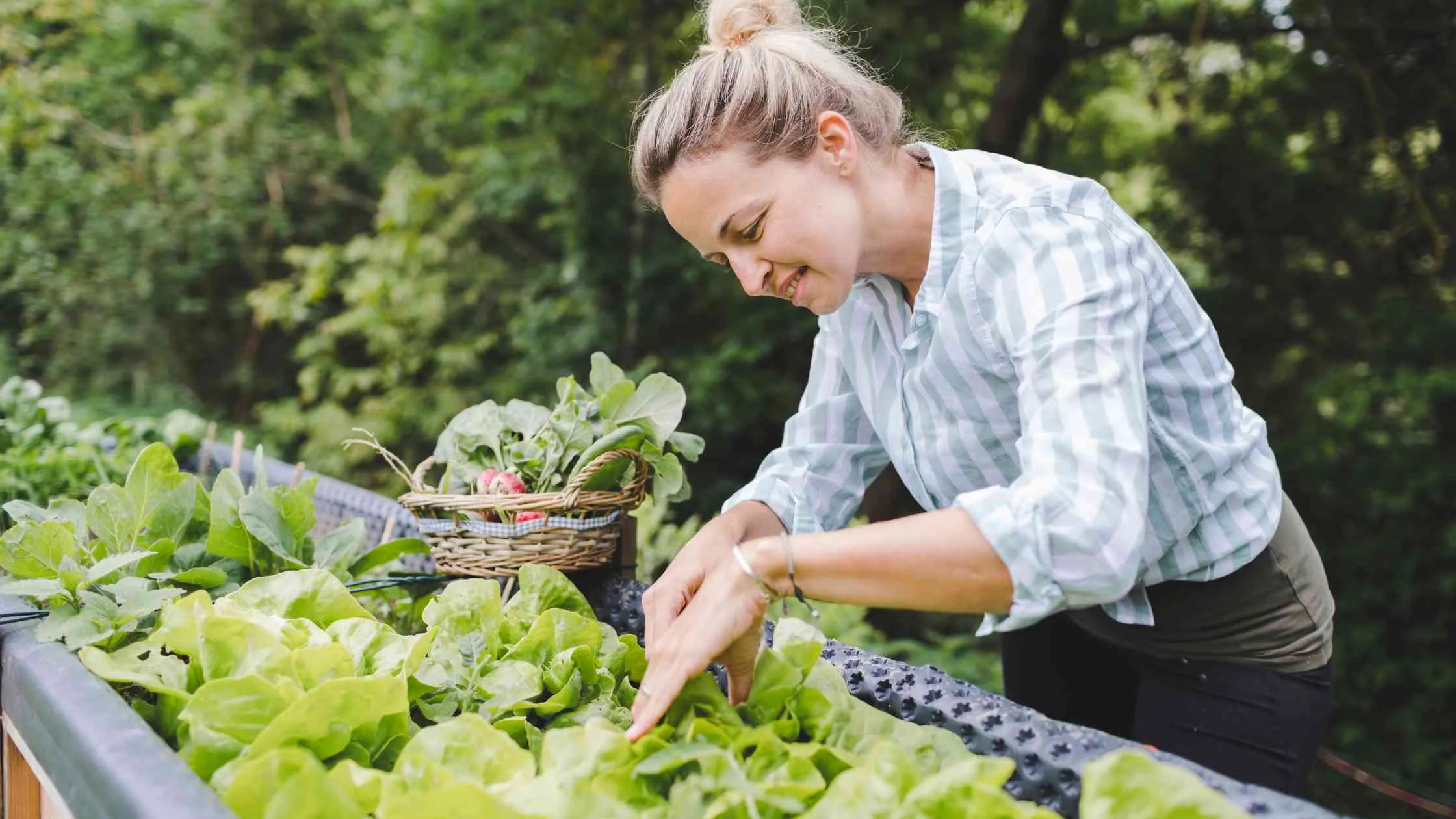
Children get the most from the nutrients of fresh vegetables. According to studies, children who have a home garden are more likely to eat veggies daily. Moreover, colorful vegetables are full of phytochemicals, which are natural chemicals rich in nutrients.
If you have your garden, you and your children can consume phytochemicals daily by eating a variety of vegetables.
7. Your Kids Learn About Nature
Growing your own veggies, it helps you and your children learn about nature. Your kids will learn a lot about different types of vegetables – leaves, roots, fruits and seeds – how they grow, and nutrition.
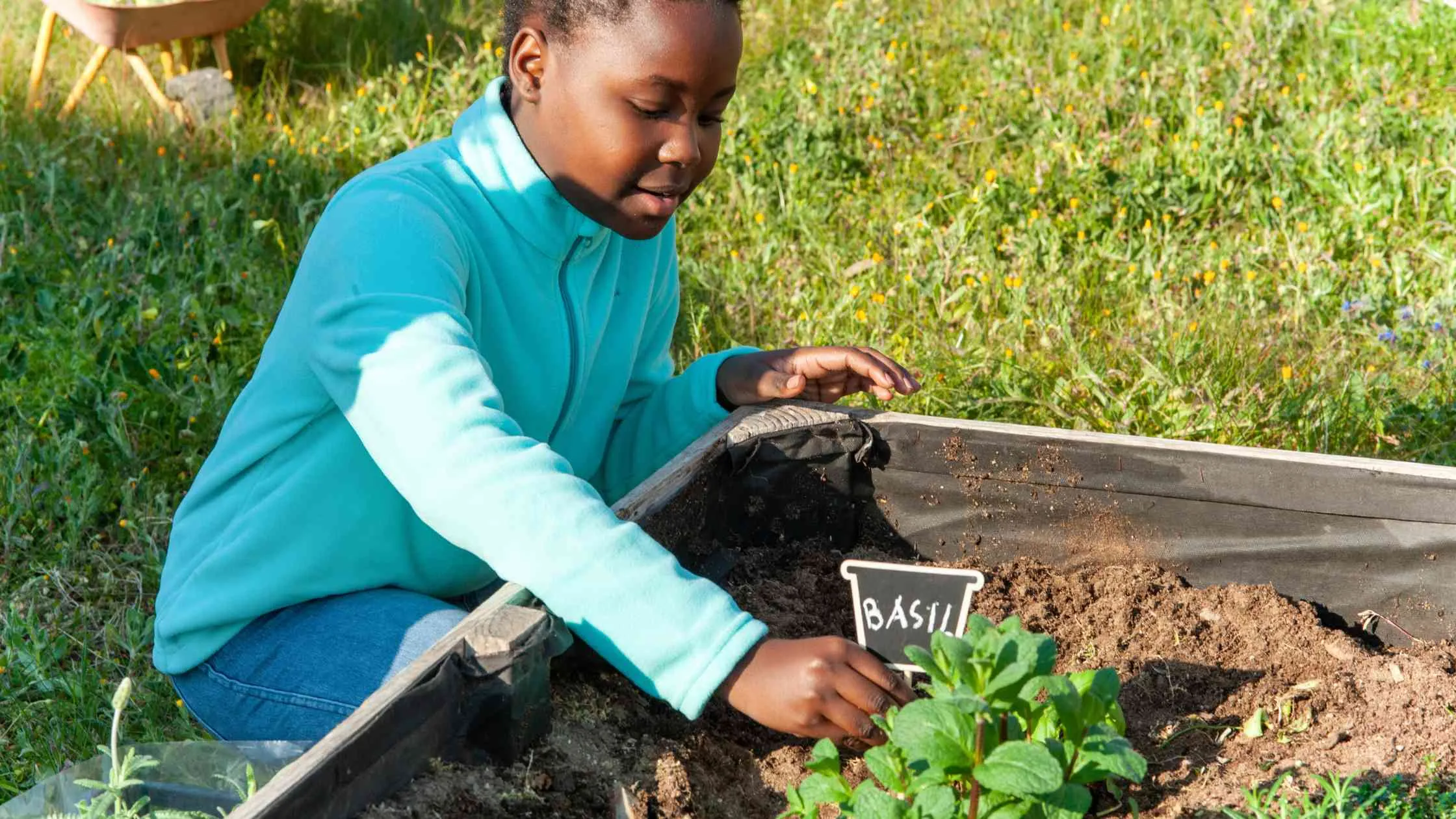
Involving your kids in gardening also teaches them patience and teamwork. As they work together to water and take care of the plants, it helps develop their sense of responsibility.
8. Give Your Home A Greener Look
A home garden provides your home with a fresher and greener look. The plants of organic vegetables, fruits, and herbs add life to your kitchen or home garden. Colorful blooms will add beauty and color to your home.
Furthermore, colorful veggies, especially red or yellow bell peppers, tomatoes, eggplants, and squash are a perfect addition to your home garden. Adding color to your backyard or kitchen garden these plants are also good pollinators. Insects attracted to their flowers also pollinate them, resulting in faster growth of your garden.
Take Away
Growing your vegetable garden requires some work but after knowing all of its advantages, the effort seems worth it. You just need a small area in the front or the back of your home to start a garden or even a few pots. No matter the size of your home, you can have a kitchen garden and enjoy fresh vegetables and fruits.

